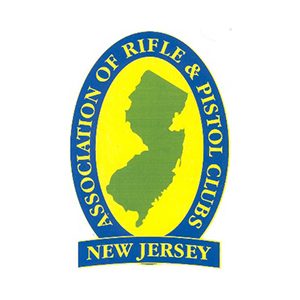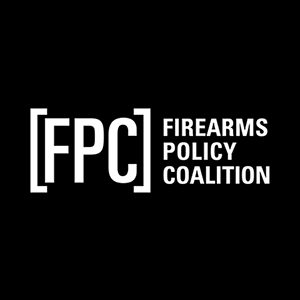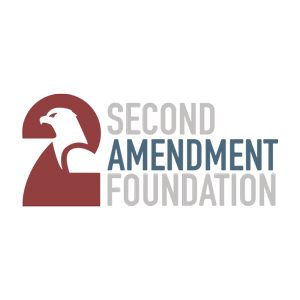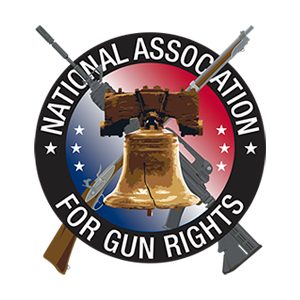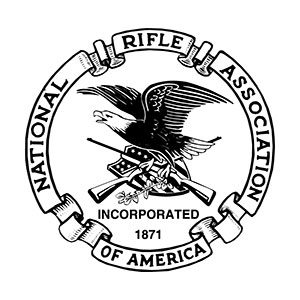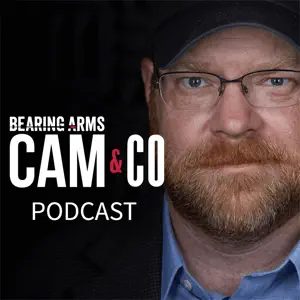
The Pam Bondi Department of Justice has taken a crystal-clear position on Second Amendment restrictions for adults under 21 and concluded that, “two circuits have affirmed the constitutionality of handgun restrictions on those under the age of twenty-one,” adding, “The federal defendant respectfully urges this court to reach the same conclusion…”
The case of Succow v. Bondi arises out of the United States District Court for the District of Connecticut, and challenges elements of the federal Gun Control Act of 1968 which prohibit the transfer of certain firearms and ammunition (via the NICS background check) through an FFL (federally licensed firearms dealer) to adults under the age of 21, specifically handguns and handgun ammunition ( 18 U.S.C. § 922(b)(1), 18 U.S.C. § 924(a)(1)(D), 18 U.S.C. § 922(c), [and] 27 C.F.R. § 478.99(b)(1).
The complaint was brought by Zachary Succow and Samuel Towne, along with support from SAF (Second Amendment Foundation) and CCDL (Connecticut Citizens Defense League) in February of 2025. The district court denied a request for an injunction in March. In May the plaintiffs filed an amended complaint, and then in June, the federal government filed a motion to dismiss, basically saying, make this case go away.
In the October 24 motion filed by the Justice Department, it again moved to dismiss the complaint, stating, “the restrictions at issue here stand solidly within our nation’s history and tradition, which greatly restricted the rights of those under the age of twenty-one.” The government notes that “The Second Circuit has not yet addressed the issue…” which may give a clue as to why the government is urging the court to dismiss the case, perhaps seeking to avoid a split with the Fourth and Eleventh Circuit courts that could make the case appealing to the Supreme Court.
As the government often does in Second Amendment cases, it speaks around the infringements being challenged, citing to other ways young adults can exercise their Second Amendment rights, in this case making the assertion that there are other ways young adults can acquire and possess handguns:
The restrictions do not prevent 18-to-20-year-olds from possessing and using handguns, nor do the restrictions prevent those individuals from obtaining handguns “from parents or guardians” or “though unlicensed, private sales.”
It is of course hard to imagine the federal government making arguments in favor of an infringement of any other enumerated right in the Constitution, yet it consistently treats the Second Amendment as “a second class right,” a term used in a briefing recently filed by Assistant Attorney General Harmeet Dhillon in a New Jersey case addressing “assault weapons” and high-capacity magazine bans.
In the case of the Connecticut challenge to the federal law prohibiting FFL transfers for adults under 21, the government concludes that the the law survives the Bruen test:
Under that standard federal restrictions that prevent FFLs from transferring handguns to those under the age of twenty-one comply with the Second Amendment. The federal defendant does not dispute that the conduct at issue here is implicated by the Second Amendment, but the federal scheme nevertheless passes constitutional muster at step two of Bruen.
Yet this position begs the logic of such a prohibition: if young adults may legally acquire and possess handguns and ammo through other means, why defend the restriction at all? Unless the federal government simply doesn’t want to create a precedent of unconstitutional, anti-civil liberty laws being struck down, whatsoever, a case that could undermine the authority of the federal government in the population at large.
These arguments are unlikely to sustain viability against the onslaught of pro-Second Amendment challenges on behalf of young adults around the country. Although it’s not at the appeals level, just this week, a Virginia court struck down a very similar law to the one being challenged in this case.



